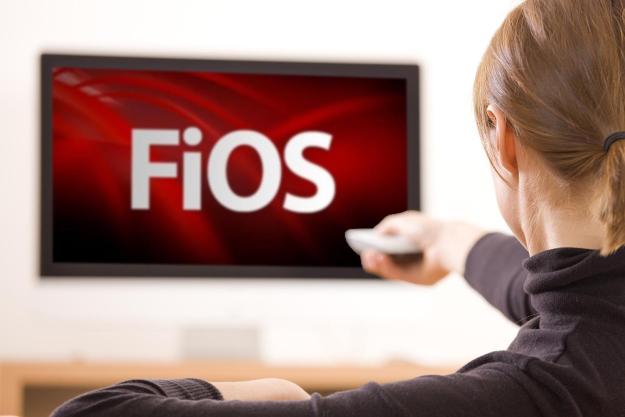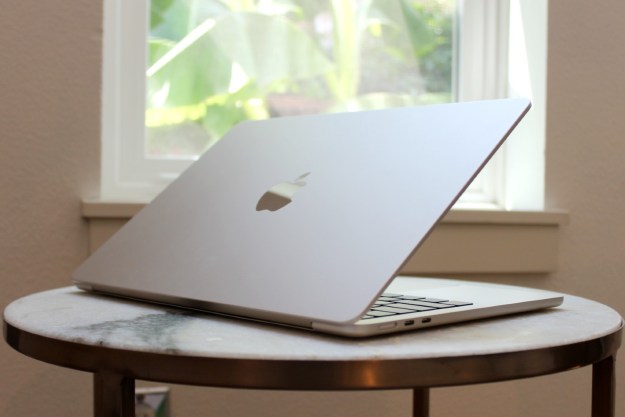At Senate Commerce Committee hearings yesterday, representatives of local telephone and cable companies clashed with online content providers over the idea of “net neutrality,” or that broadband Internet users should be able to surf to any site they like or use any online service they like, without being hampered by bandwidth caps or preferred-partner policies of their network providers.
Broadband providers have, for the most part, pledged that they will not hamper consumer’s access to Internet resources. However, some have also grumbled that they would like to charge additional fees to content providers offering high-bandwidth services (like online video), possibly by segregating those services off onto separate, closed networks. This stance has been magnified in recent weeks by quotes from AT&T and Verizon executives indicating they want to end a “free lunch” enjoyed by Google and other online businesses which access customers through their network infrastructure. The Washington Post quotes Verizon VP and deputy general counsel John Thorne as saying “The network builders are spending a fortune constructing and maintaining the networks that Google intends to ride on with nothing but cheap servers. It is enjoying a free lunch that should, by any rational account, be the lunch of the facilities providers.” Executives have suggested companies like Google, Amazon, and Yahoo should pay a fee for accessing their customers through the network operator’s costly high-speed infrastructure, and that “Google utopianism” may in fact hamper the deployment of broadband Internet access in the United States.
Content providers, for their part, argue that the future of the Internet itself is at risk unless network operators are prohibited from discriminating between (and against) competing Web offerings, devices, and services. If broadband providers are permitted to charge Web sites and applications for access to their networks, innovation will be stifled and small companies will be frozen out of major segments of the Internet. Before the Commerce Committee, Google Internet Evangelist Vint Cerf (widely known as one of the “Fathers of the Internet”), said: “We must preserve neutrality in the system in order to allow the new Googles of the world, the new Yahoos, the new Amazons to form. We risk losing the Internet as catalyst for consumer choice, for economic growth, for technological innovation, and for global competitiveness.”
The Senate Commerce Committee is mulling legislation which would require “net neutrality,” under which broadband providers would be required to enable customers to connect to any legal Web site, Internet service, use any legal software application, or connect to the Internet using any legal device. While both Republican and Democratic senators on the committee spoke in favor of neutrality, some Republicans cautioned against legislating too quickly, and noted that neutrality would need to be balanced with the ability of broadband operators to earn a return on their infrastructure investments.
Editors' Recommendations
- How to build a table of contents in Microsoft Word
- Best Buy’s deal of the day is $150 off the MacBook Air M2
- You can still buy the M1 MacBook Air, and it’s cheaper than ever
- HP Envy deals: HP’s most popular laptop starts at $630
- I was wrong — Nvidia’s AI NPCs could be a game changer


